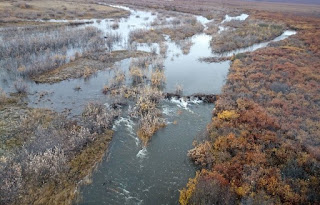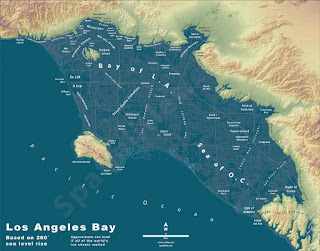Coastal Property Values

Research shows that seacoast property is being devalued. Our government may be denying global warming, but not people who have to put up real money. Homes exposed to sea level rise (SLR) sell at a 7% discount relative to observably equivalent unexposed properties equidistant from the beach. This discount has grown over time and is driven by sophisticated buyers and communities worried about global warming. Consistent with causal identification of long horizon SLR costs, (1) we find no relation between SLR exposure and rental rates, (2) despite decreased remodeling among exposed homeowners, current SLR discounts are not caused by differential investment, (3) results hold controlling for flooded properties and views. Overall, we provide the first evidence on the price of SLR risk and its determinants. These findings contribute to the mixed literature on how investors price long-run risky cash flows and have implications for optimal climate change policy. This is happe...








